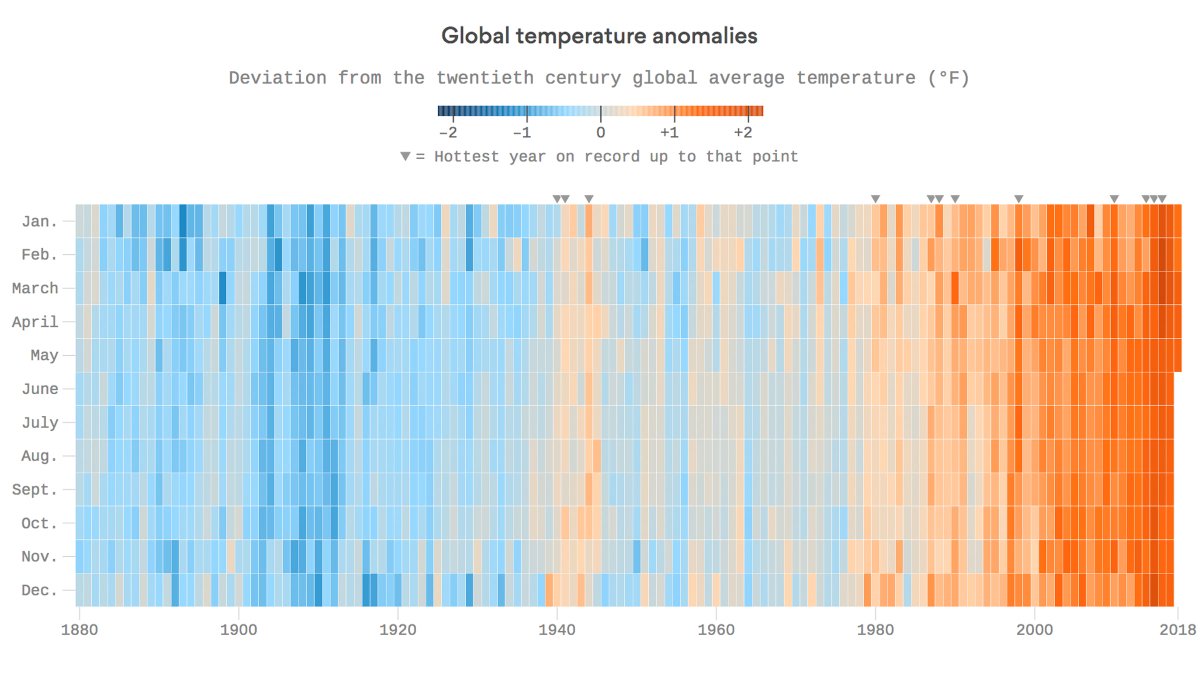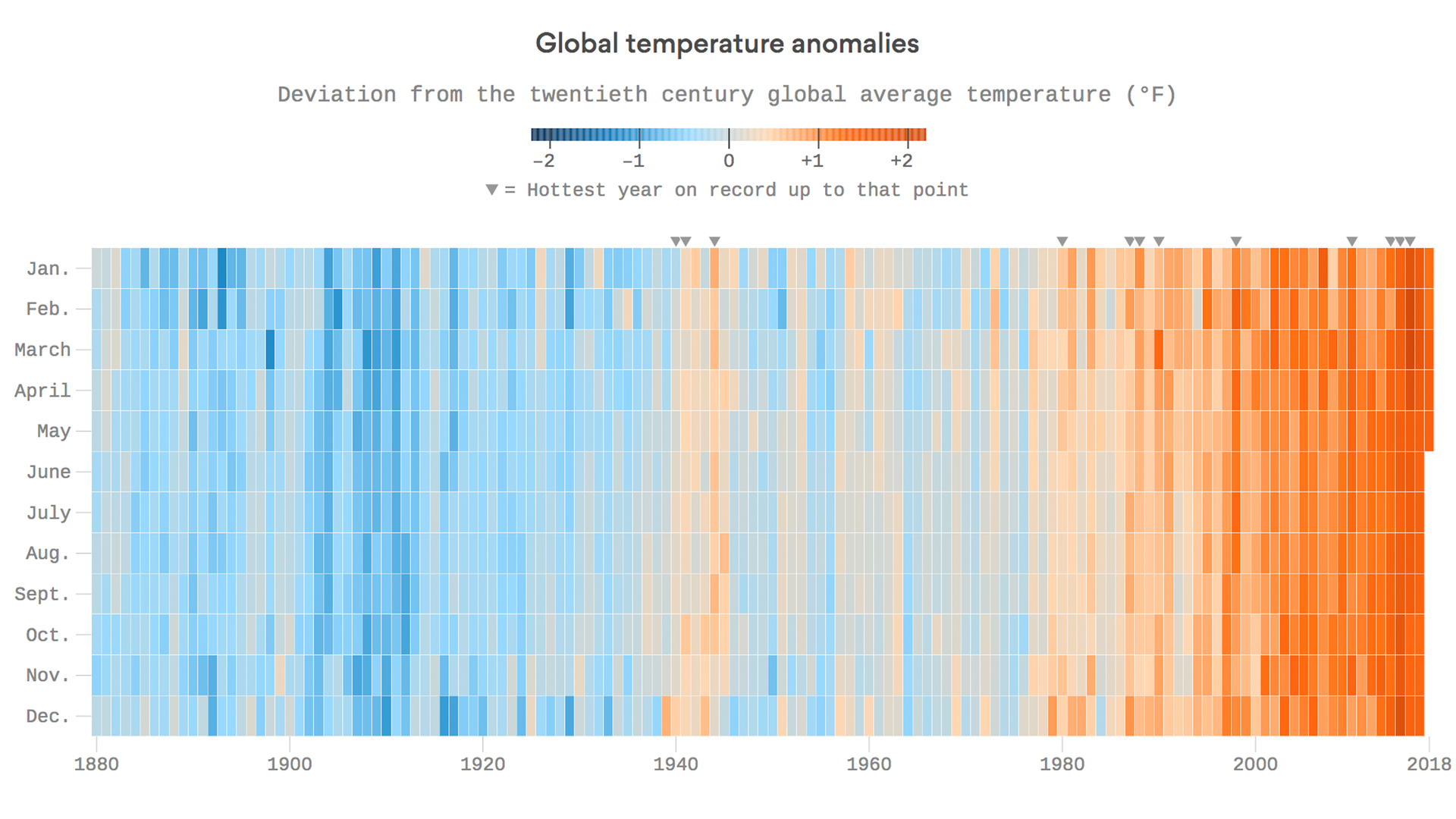From MA:
Pretty much nobody likes May (although we respect how tough she has had it...). However, the alternatives are not obvious and will almost certainly deepen the division between the Brexit halves. The Conservatives sure are lucky that Corbyn is so left wing. He used his question time with May to talk about non-brexit issues this week if you can believe it. This has been him throughout - simple for May to brush off.If the Queen hadn't abdicated her duty, she'd realize that Her Majesty's Government had lost the confidence of Parliament and was unable to govern. May just got found in contempt of Parliament! It's ridiculous that May is going to stagger on when it's clear the government no longer has the support of Parliament or the people. The Westminster system is specifically supposed to prevent this situation.





